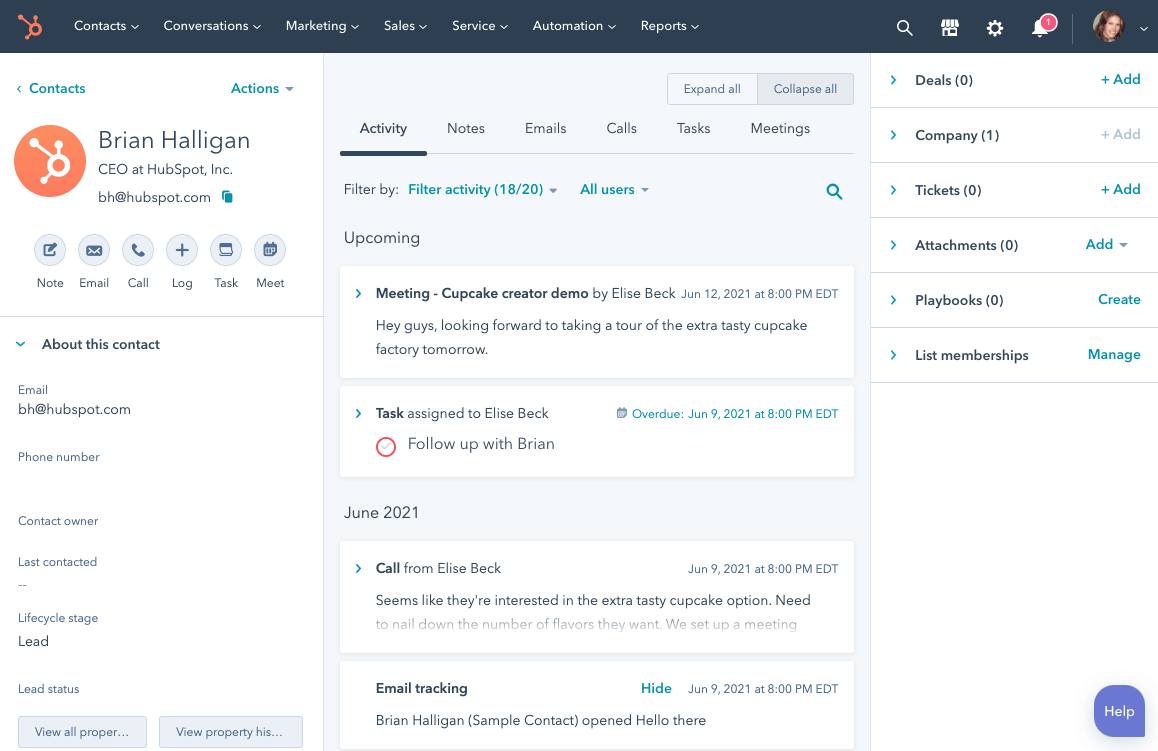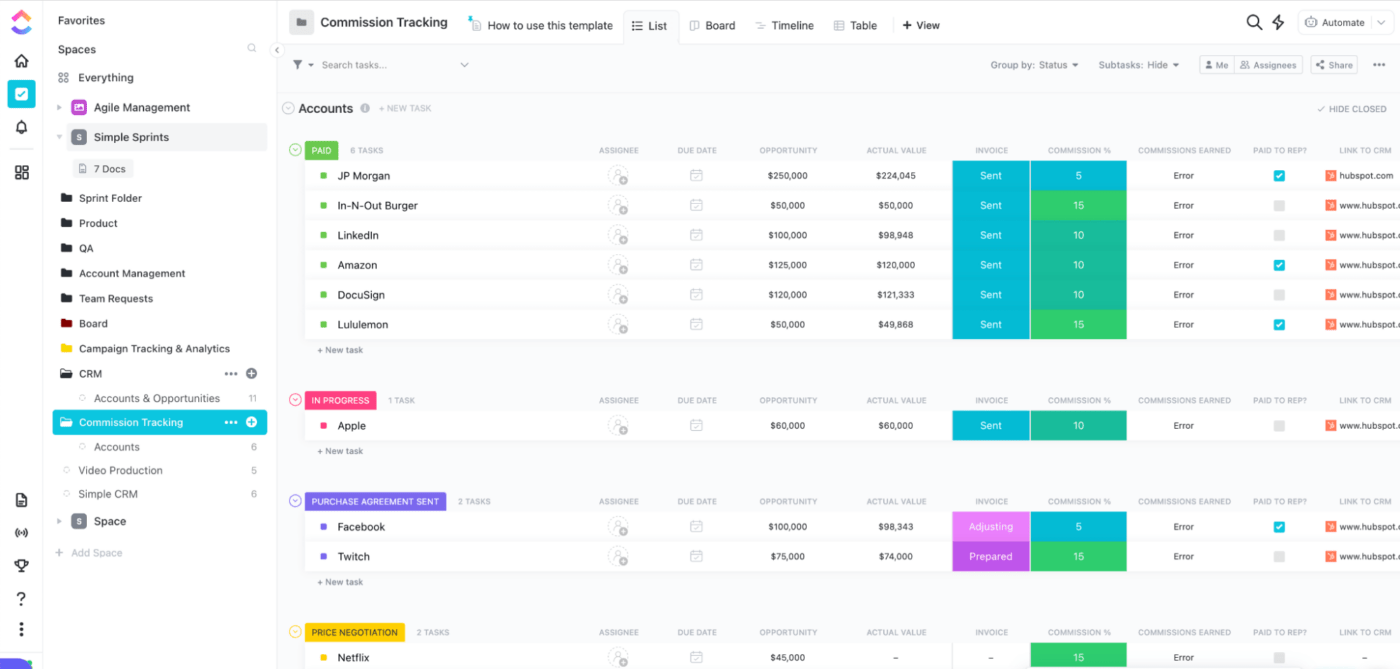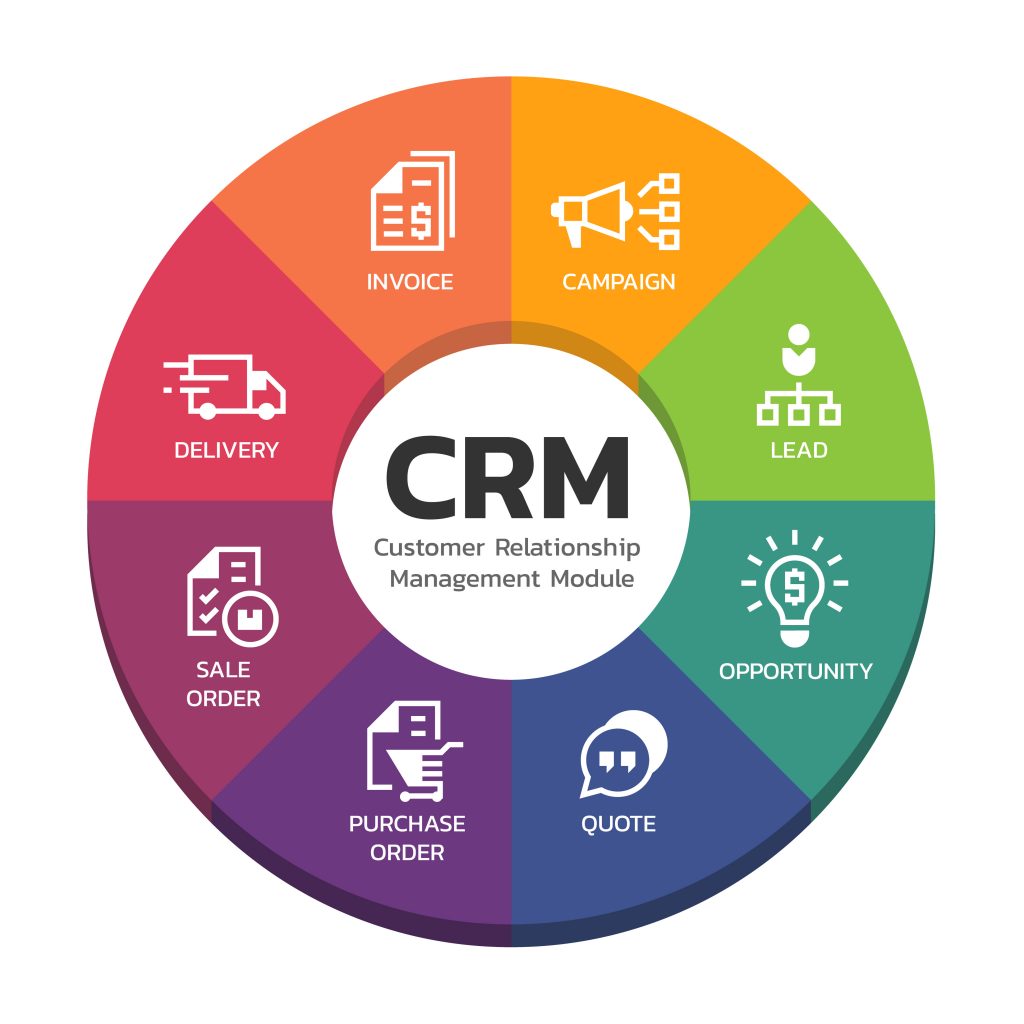Free CRM managers are revolutionizing the way businesses manage customer relationships. They offer a cost-effective solution for businesses of all sizes, providing essential tools to streamline operations, enhance customer engagement, and drive growth.
In this comprehensive guide, we’ll explore the world of free CRM managers, examining their features, benefits, and best practices. We’ll also delve into real-world use cases, integrations, and security considerations, empowering you to make informed decisions about implementing a free CRM manager for your business.
Introduction to Free CRM Managers
Free CRM managers are software applications that help businesses manage their customer relationships without incurring any licensing fees. They provide a range of features, including contact management, lead tracking, and sales pipeline management, making them a valuable tool for small businesses and startups with limited budgets.
One of the primary benefits of using a free CRM manager is the cost savings. Businesses can avoid the upfront investment associated with purchasing a paid CRM system, which can be a significant expense for small organizations. Additionally, free CRM managers typically offer a variety of features that are comparable to those found in paid systems, making them a viable option for businesses that require basic CRM functionality.
Limitations of Free CRM Managers
While free CRM managers offer several advantages, they also come with certain limitations. One potential drawback is that free CRM managers may have limited functionality compared to paid systems. Some free CRM managers may not offer advanced features such as marketing automation, analytics, or integration with other business applications.
Additionally, free CRM managers may have restrictions on the number of users or the amount of data that can be stored, which can be a concern for businesses that require more robust CRM capabilities.
Examples of Popular Free CRM Managers
There are several popular free CRM managers available, each with its own unique features and capabilities. Some of the most widely used free CRM managers include:
- HubSpot CRM
- Zoho CRM
- Freshsales CRM
- Bitrix24 CRM
- Insightly CRM
These CRM managers offer a range of features that can help businesses manage their customer relationships effectively, including contact management, lead tracking, sales pipeline management, and reporting. By carefully evaluating the features and limitations of each free CRM manager, businesses can choose the one that best meets their specific needs and budget.
Features of Free CRM Managers
Free CRM managers offer a wide range of features to help businesses manage their customer relationships. Some of the most common features include:
- Contact management
- Lead management
- Opportunity management
- Sales tracking
- Customer support
- Marketing automation
- Reporting and analytics
The features offered by different free CRM managers can vary significantly. Some CRM managers offer a basic set of features, while others offer a more comprehensive suite of tools. When choosing a free CRM manager, it is important to consider the specific needs of your business.Some of the key features that businesses should consider when choosing a free CRM manager include:
- The number of users that the CRM manager can support
- The amount of data that the CRM manager can store
- The level of customization that the CRM manager offers
- The integrations that the CRM manager supports
- The level of support that the CRM manager provides
By considering these factors, businesses can choose a free CRM manager that meets their specific needs and helps them to improve their customer relationships.
Implementation of Free CRM Managers

Implementing a free CRM manager involves several key steps:
1. Identify your business needs
Determine the specific requirements and goals you want to achieve with a CRM manager. This will help you choose the right tool for your business.
2. Research and select a CRM manager
Explore various free CRM managers available and compare their features, pricing, and user reviews. Select the one that best aligns with your business needs and budget.
3. Set up and customize the CRM manager
Create an account and customize the CRM manager to fit your specific business processes. This includes setting up fields, creating pipelines, and integrating with other tools.
4. Train your team
Provide training to your team on how to use the CRM manager effectively. This will ensure everyone is on the same page and using the tool consistently.
5. Implement and monitor
Implement the CRM manager into your daily workflow and monitor its performance regularly. Make adjustments as needed to optimize its effectiveness.
Challenges and Considerations
* Data migration: If you’re migrating data from an existing CRM system, ensure you have a clear plan to avoid data loss or errors.
User adoption
Encourage team members to use the CRM manager consistently to get the most value from it.
Integration with other tools
Consider the need for integration with other business tools, such as email marketing or accounting software.
Technical support
Ensure the CRM manager you choose provides adequate technical support in case of any issues.
Best Practices
* Start small: Implement the CRM manager gradually, starting with a few key features.
Involve your team
Get feedback from your team during the implementation process to ensure the tool meets their needs.
Automate tasks
Utilize the CRM manager’s automation features to streamline tasks and save time.
Track and measure results
Monitor the performance of the CRM manager and make adjustments based on data to maximize its impact.
Use Cases for Free CRM Managers
Free CRM managers offer a cost-effective solution for businesses of all sizes. They can be used to streamline sales, marketing, and customer service processes, leading to improved efficiency and profitability.
Here are a few real-world examples of businesses that have successfully used free CRM managers:
Small Businesses
- A small retail store used a free CRM manager to track customer purchases and preferences. This allowed them to target their marketing campaigns more effectively and increase sales.
- A freelance writer used a free CRM manager to manage her client relationships and track her invoices. This helped her stay organized and improve her cash flow.
Medium-Sized Businesses
- A medium-sized manufacturing company used a free CRM manager to manage its sales pipeline and track customer orders. This helped them improve their sales conversion rate and reduce their order processing time.
- A non-profit organization used a free CRM manager to track its donors and volunteers. This helped them increase their fundraising efforts and better serve their community.
Large Businesses
- A large software company used a free CRM manager to manage its customer support operations. This helped them reduce their support costs and improve customer satisfaction.
- A financial services company used a free CRM manager to track its customer relationships and identify cross-selling opportunities. This helped them increase their revenue and improve customer retention.
These are just a few examples of how free CRM managers can be used to improve business efficiency and profitability. With their ease of use and low cost, free CRM managers are a valuable tool for businesses of all sizes.
Integrations and Extensions

Integrations and extensions are essential for free CRM managers because they allow you to connect your CRM with other software and services that you use. This can help you to automate tasks, improve communication, and get more out of your CRM.There are many different types of integrations and extensions available for free CRM managers.
Some of the most popular include:
- Email integrations
- Calendar integrations
- Social media integrations
- E-commerce integrations
- Marketing automation integrations
When choosing integrations and extensions, it is important to consider your specific needs and goals. You should also make sure that the integrations and extensions you choose are compatible with your CRM.Once you have chosen the integrations and extensions you want to use, you will need to implement them.
This process can vary depending on the integration or extension. However, most integrations and extensions can be implemented with a few simple steps.
Security and Data Privacy
Free CRM managers are generally committed to protecting user data. They employ a range of security measures to safeguard sensitive information, including encryption, access controls, and regular security audits.
Encryption ensures that data is protected from unauthorized access, even if it is intercepted. Access controls limit who can access and modify data, while regular security audits help identify and address potential vulnerabilities.
Best Practices for Maintaining Data Security and Privacy
- Choose a reputable CRM manager with a proven track record of security.
- Enable two-factor authentication to add an extra layer of security to your account.
- Regularly review and update your user permissions.
- Be cautious about sharing sensitive data with third-party apps or integrations.
- Back up your data regularly to protect against data loss.
Customer Support and Resources
Free CRM managers often provide a range of customer support options to assist users with any queries or issues they may encounter.
The level and quality of customer support can vary depending on the specific CRM manager, but some common options include:
Online Help and Documentation
Many free CRM managers offer extensive online help and documentation, including user guides, tutorials, and FAQs. These resources can provide valuable information on how to use the CRM effectively and troubleshoot common problems.
Email and Phone Support, Free crm manager
Some free CRM managers provide email and phone support, allowing users to directly contact customer support representatives for assistance. This can be particularly useful for complex or urgent issues that cannot be resolved through online resources.
Community Forums and Social Media
Some free CRM managers have active community forums and social media pages where users can connect with each other and seek help from other users or customer support representatives.
Access and Utilization of Customer Support Resources
To access customer support resources, users can typically find links or contact information within the CRM interface or on the provider’s website. It is recommended to familiarize yourself with the available support options and how to contact customer support before you need assistance.
Conclusion

In summary, free CRM managers provide businesses with a cost-effective and efficient way to manage their customer relationships. They offer a range of features that can help businesses track customer interactions, manage sales pipelines, and improve customer service. While there are some considerations to keep in mind when choosing and implementing a free CRM manager, the benefits they offer can far outweigh the costs.
For businesses looking to implement a free CRM manager, it is important to first assess their needs and determine which features are most important to them. They should also consider the size of their business and the number of users who will be using the CRM.
Once they have selected a CRM manager, they should take the time to properly implement it and train their staff on how to use it effectively.
Recommendations
- Assess your business needs and determine which features are most important to you.
- Consider the size of your business and the number of users who will be using the CRM.
- Research different free CRM managers and compare their features and pricing.
- Select a CRM manager that is easy to use and implement.
- Take the time to properly implement the CRM manager and train your staff on how to use it effectively.
Final Conclusion: Free Crm Manager
As businesses navigate the evolving digital landscape, free CRM managers are emerging as indispensable tools for customer relationship management. By embracing these powerful solutions, businesses can unlock a wealth of opportunities to enhance efficiency, optimize operations, and build lasting relationships with their valued customers.